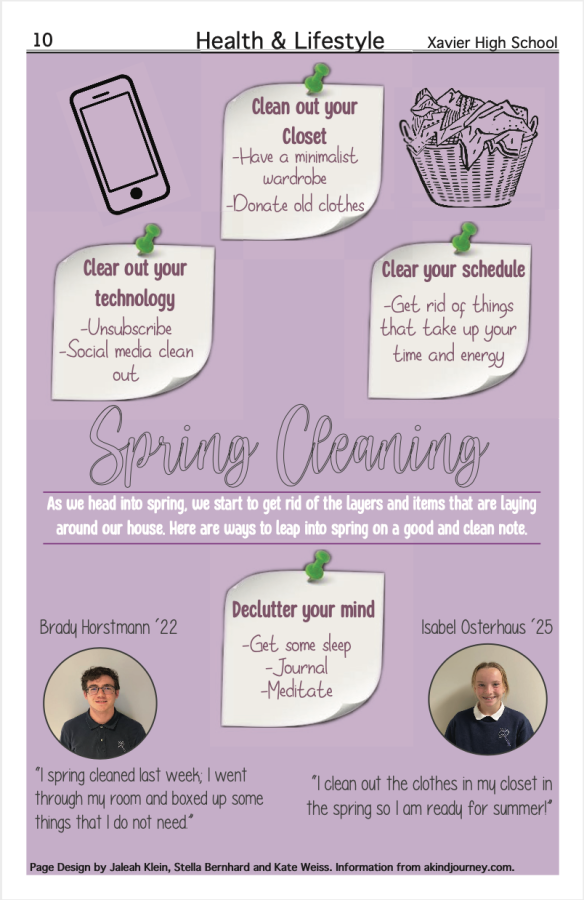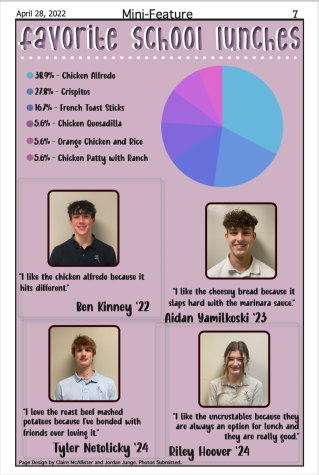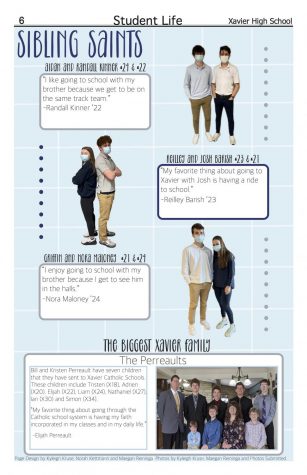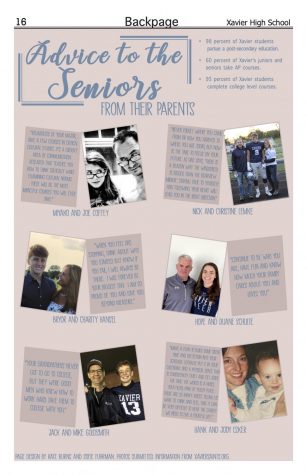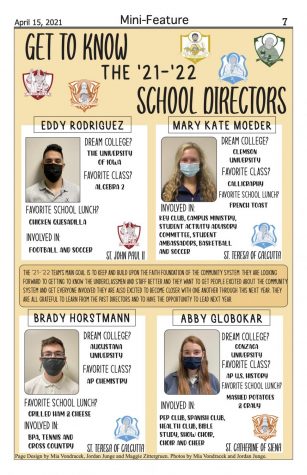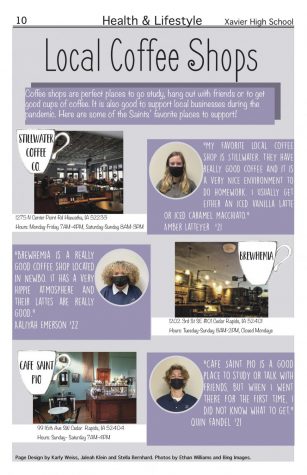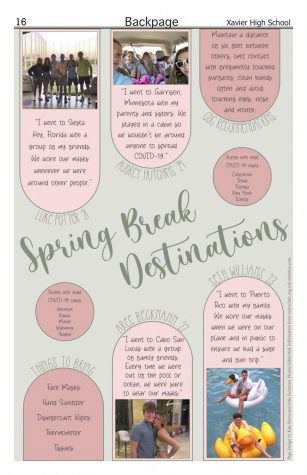Ignorance is bliss
April 7, 2022
Media bias or unintended lack of coverage? This question raises a lot of debate in the news world. Major media companies in America struggle to cover poverty but tend to put out stories on the rich and higher end people of America. Project Censored is a non-profit organization with the focus of putting out the news that never made major media coverage, where they conducted a study to determine what the news was covering versus what it was not. From this study they found the numbers to be quite shocking. “The FAIR study showed that between January 2013 and February 2014, an average of only 2.7 seconds per every 22-minute episode discussed poverty in some format. During the 14-month study, FAIR found just 23 news segments that addressed poverty,” Project Censored said. Poverty is not the only thing being ignored. Controversial topics like police brutality, political issues and certain world issues are amongst others being ignored. The new question is why does the media choose to ignore some things? By making America look like a country full of rich people, the American dream can still be attainable in the worldwide image. The way America is being portrayed allows for the outside eye to see it as a completely glorified place. 2020 was a big year for news companies with a pandemic, countrywide riots and protests. People started to notice that coverage lacked inclusivity and the bigger media companies tried to stop picking what articles to put out in fear of how the world would perceive it. Controversy comes out no matter what the topic is. As long as you cover every side of each story, you can be seen as a more reliable source. Some argue that the media just doesn’t have enough time to cover everything that should be shown. However, with the world today, the resources are available to create the sort of coverage needed to create a reliable full story. When the media picks and chooses what to put out, the world’s perception can be clouded. People typically make their judgements based off of the first thing they read or see. If the first thing shown is leaning towards one side or lacking important information, the judgment is not accurate. The media is to blame for the inaccuracy of the public judgment. By putting all important information out, a fair and truthful judgment call can be made.


